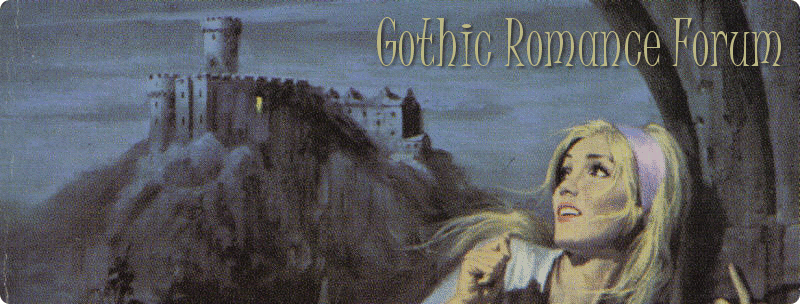My review:
I'm not going to care about spoilers in this review as I expect most of us are familiar with the story, if not through having read the book then through having seen one of the movies adapted from the story. The story is simple enough: a couple of people stay in a haunted house hoping to prove its ghostly residence. Dr. John Montague is responsible for finding the companions to share this experience and in doing so focusses on their susceptibility for paranormal visitations. He chooses Eleanor, who as a child was involved in poltergeist activities, and Theodora, who appears to have telepathic abilities. The fourth person is Luke, who is a member of the family who owns Hill House and expected to inherit the place sometime in the future. The house is kept in order by the Dudleys, and Mrs. Dudley is an excellent cook. Neither of them are willing to remain in the house after dark.
At first everyone acts unafraid and rather flippant and they put more time into getting to know each other than actively trying to chase ghosts. This changes when Professor Montague's wife turns up with her planchette (a sort of ouija board) and takes over from her husband. She and Mrs. Dudley provide the funny touch because they are very caricatural. The others laugh about them a lot.
The story is seen from Eleanor's viewpoint. She is a shy person, uncertain about herself and looking for a new purpose in life after she spent fourteen years of her life looking after her ailing mother, who recently died. Eleanor feels happy at Hill House and likes being part of the group. After everybody gets to know each other better, she realizes she doesn't like Theodora and Luke as much as she thought and appears to be jealous of them as well. Slowly the reader understands that Eleanor is becoming possessed by the house.
That's the story, very simple, not many surprises and not scary either. Movies definitely have their advantages when creating frightening scenes.
What I hated about the story was the vagueness, the ambiguity, the keeping the reader ignorant of what really is happening. I know an author cannot give away the story too soon and must keep up the suspense, but this shouldn't be done by refusing to speak plainly. In my opinion this is a sign of writing weakness. I'd like to compare it to modern art, and I'm sure this will be offending some people, but so be it. I think it's an art to portray a picture lifelike. If someone wishes to draw a straight line but cannot do so and therefore claims he intended to draw a crooked line all the time, I cannot call him an artist. Applying this to writing, I'd say a writer who cannot find the words to clearly relate to the reader what is happening and conceals this through vagueness, is a weak writer. Let's take the very first line of the book: "
No live organism can continue for long to exist sanely under conditions of absolute reality; even larks and katydids are supposed, by some, to dream." Yes..., meaning?? Sometimes Eleanor out of the blue says "
Journeys end in lovers meeting". Wow, how deep!
Not only sentences aren't clear, they sometimes aren't even given. One day Theodora and Eleanor go for a walk and come upon a ghostly picnic party on the grass in the garden.
Quote:There was a checked tablecloth spread out, and, smiling, the mother leaned over to take up a plate of bright fruit; then Theodora screamed. "Don't look back," she cried out in a voice high with fear, "don't look back—don't look—run!"
What did Theodora see? You'll never know.
So I disliked the writing style and found the story far too simple. I'd give it a 3 out of 10 and would recommend watching the movie over reading the book.



